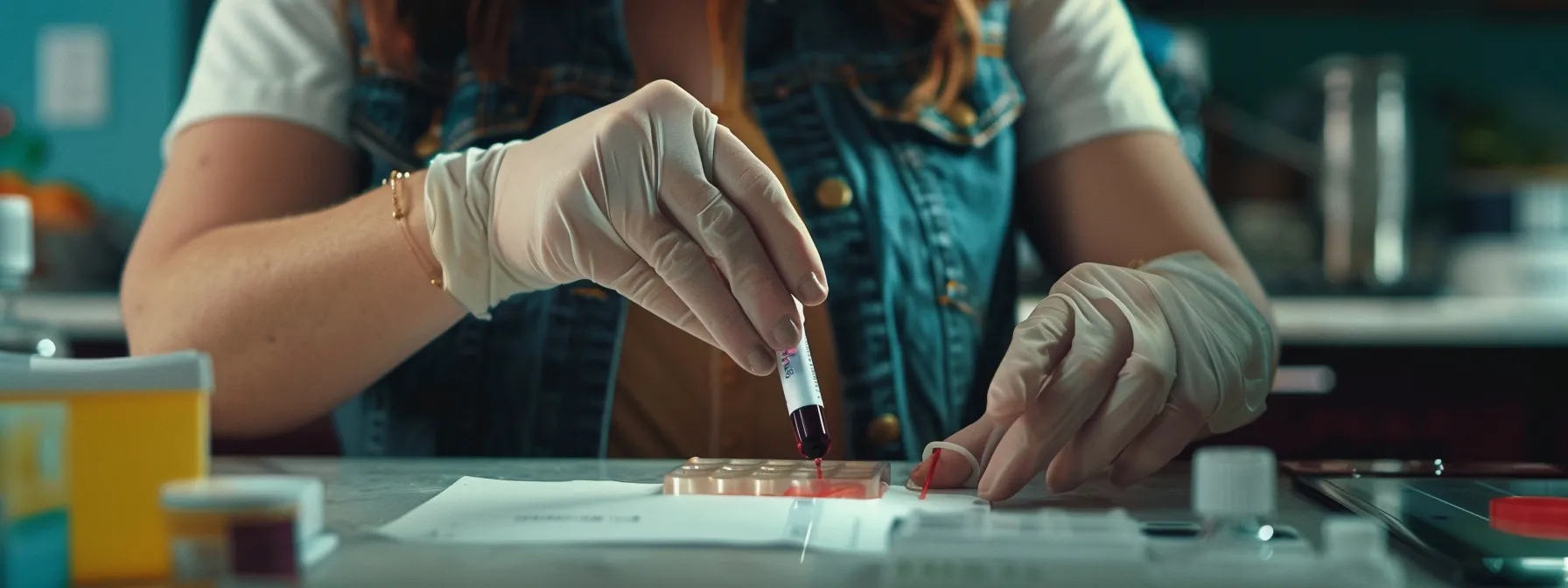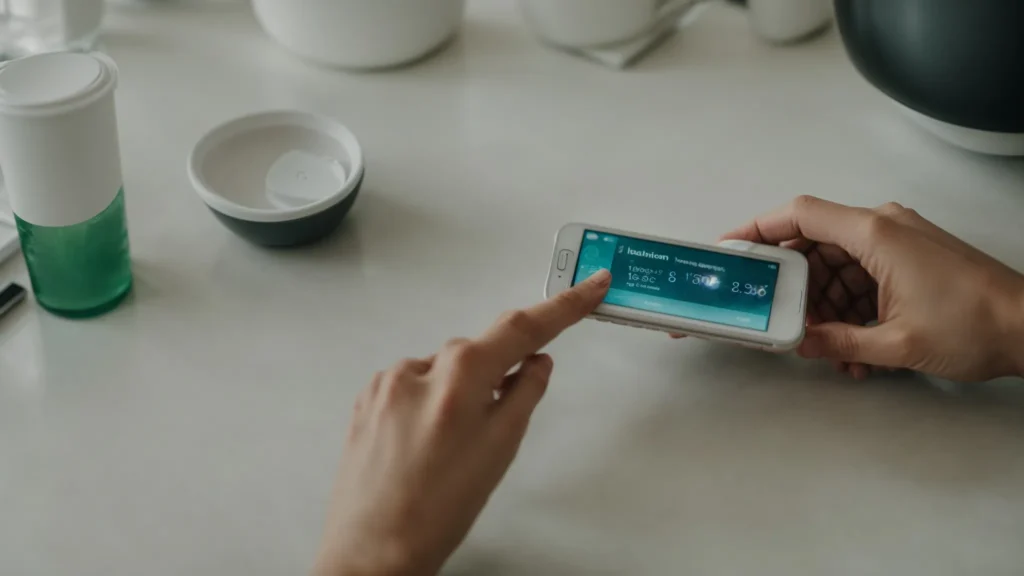At-Home Blood Tests: Revolutionizing Personal Health Management
The healthcare landscape is undergoing a significant transformation, with at–home blood tests becoming increasingly popular. These tests offer a new level of convenience and accessibility, allowing individuals to take charge of their health like never before. From monitoring chronic conditions to detecting potential health issues early on, at–home blood tests provide a wealth of benefits. They bridge the gap between professional medical advice and everyday health management. Keep reading to understand how these innovative solutions are changing the way we approach personal health care.
The Rise of At-Home Blood Tests in Modern Healthcare

The integration of at–home blood tests into modern healthcare is a testament to technological advancements. Traditional lab tests require a visit to a healthcare facility and often involve waiting for an appointment and results. In contrast, at-home tests enable individuals to collect samples in the comfort of their homes and send them to accredited labs for analysis.
With an increase in chronic diseases and the need for continuous monitoring, at–home blood tests have become a convenient alternative. They offer the opportunity for more frequent health assessments without the added stress and cost of clinical visits. This empowerment of patients plays a pivotal role in proactive health management and personalized care.
Accessibility has been further improved by online platforms and telehealth services that facilitate the process. For example, Blue Horizon Blood Tests provides a user-friendly interface for individuals to order tests, understand their results, and even consult healthcare professionals, all from one’s home.
The Convenience Factor: How Blood Tests at Home Save Time and Hassle
The primary allure of at-home blood tests is the convenience they offer. Gone are the days of scheduling clinic visits weeks in advance and taking time off work to attend appointments. Home tests deliver the same level of scrutiny without disrupting one’s daily routine.
For busy professionals, parents, or those with limited mobility, reducing the need to visit a clinic can be a game-changer. The simplicity of at-home tests means less time traveling and waiting, and more time spent on activities that enhance one’s quality of life. Furthermore, it reduces the risk of exposure to other potentially sick individuals, a significant consideration in post-pandemic times.
Despite common misconceptions, the process is straightforward; most kits come with clear instructions, pre-paid postage, and everything needed for sample collection. The user simply follows the directions, sends off their sample, and awaits results, often accessible online in a secure, private manner.
Accuracy and Privacy Considerations for Home Blood Test Kits

As with any medical testing, accuracy is crucial. At-home blood tests are developed to align with the rigor of traditional lab tests. They use the latest technologies to ensure reliability, provided that users adhere to the provided instructions. Independent verification by third-party organizations often attests to their reliability.
Privacy is another critical factor when it comes to personal health data. Reputable providers of at-home blood tests are bound by strict confidentiality laws and regulations, such as HIPAA in the United States. This ensures that personal information and test results are securely handled and only shared with the individual’s consent.
Despite these safeguards, users should conduct due diligence before selecting a test provider. It includes checking for certifications, user reviews, and the company’s policies on data protection. The goal is to ensure that one’s sensitive health information remains confidential and secure.
Integrating At-Home Blood Test Results I o9nto Personal Health Plans

The data gleaned from at-home blood tests can be instrumental in shaping a comprehensive personal health plan. It gives both the individual and their healthcare provider a wealth of actionable information. This collaborative approach can lead to customized health strategies and more effective management of overall well-being.
Using at-home test results, healthcare providers can adjust medications, recommend lifestyle changes, or suggest further testing. The immediacy of the data means that adjustments can be made swiftly, allowing health plans to remain dynamic and responsive to one’s current needs.
For the individual, deciphering the results can sometimes be a challenge, but many services now offer detailed explanations and guidance. This educational component is vital, as it empowers individuals to understand their health metrics and how they can influence them positively.
Overall, at-home blood tests represent a significant leap forward in democratizing health care and granting individuals more autonomy in their health management. They combine the traditional aspects of medical testing with the modern need for convenience, privacy, and personalization. As technology continues to advance, these tests will undoubtedly become integral tools in shaping future healthcare practices and individual health strategies.






